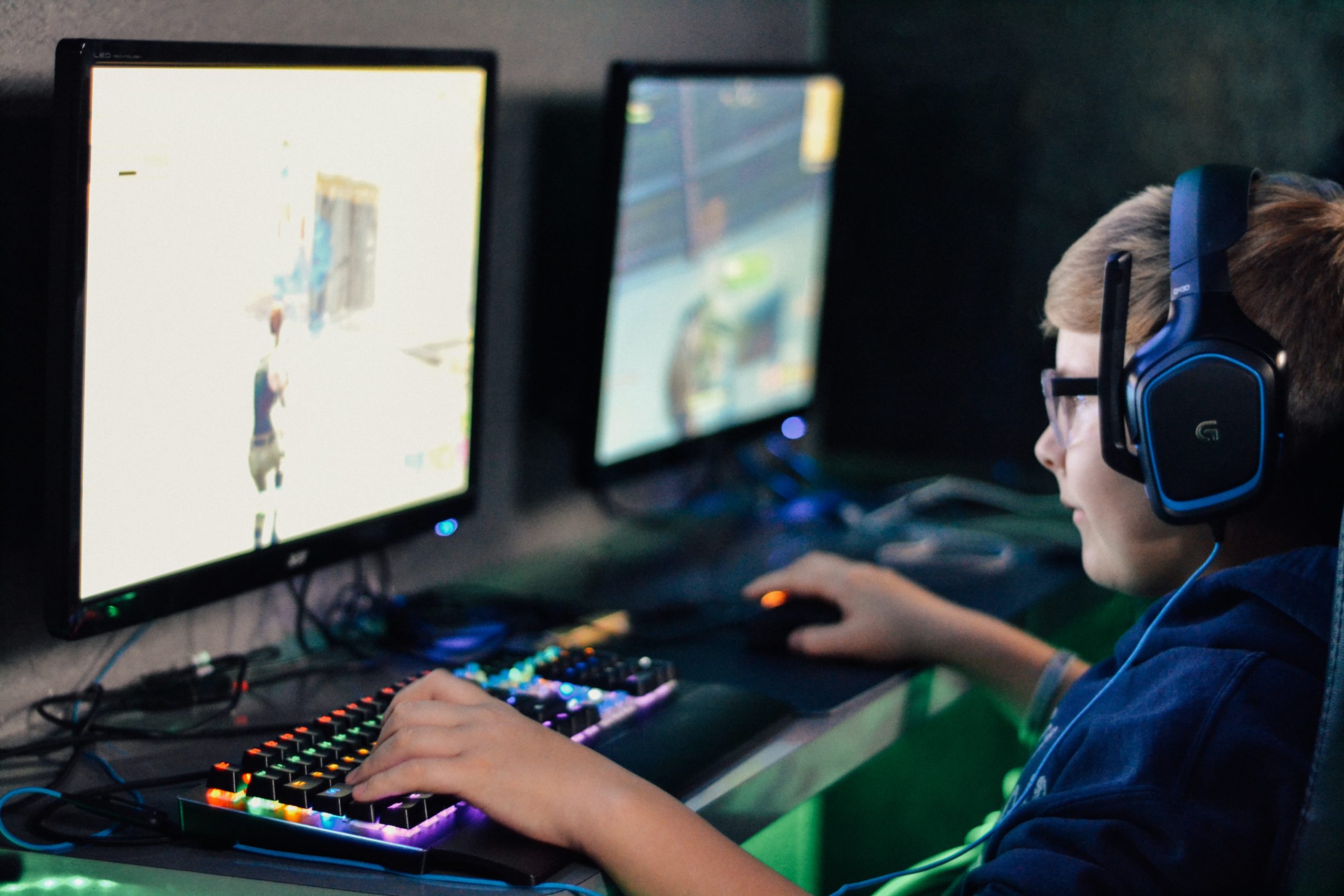The development of teachers’ abilities and confidence in the appropriate and effective use of digital tools to support learning and teaching, as well as the development of creative teaching methodologies are important drivers for modernizing the school curriculum.
As technology has become an integral element of modern classrooms, using video games for teaching the curriculum, assessing students’ progress, or practicing skills has been shown in numerous studies to boost students’ motivation and engagement. Video games are becoming an increasingly significant part of the learning process due to their capacity to generate unique learning experiences. Teachers can utilize them in the classroom as pedagogical support thanks to their creative, and technological aspects, as well as the numerous educational benefits they provide, such as cognitive development, spatial development, motor development and digital skills development.
For many teachers, making the school curriculum more engaging and fun by means of video games can be challenging because of the lack of practical guidance. Effective use of video games implies rigorous planning, knowledge about games, their culture, or the different genres, and a thorough awareness of the students’ profiles (personal characteristics like age, gender, specific learning disorders, learning preferences, culture, and societal factors, as well as students’ academic success).
In this context, partners from six EU countries are collaborating on an Erasmus+ project to harness the potential of video games as instructional tool in cross-curricular teaching in secondary education. The Gaming for Skills project aims to provide guidance and ready-to-use tools for teachers to bring video games into the classroom in secondary education. The partners of the project will work on developing practical guidance for teachers to use video games in the classroom for cross-curricular teaching, as well as encourage teachers to create games with their students as learning by doing projects. The project will contribute on several levels to improve students’ soft skills and to promote access to and use of ICT to underrepresented groups education, especially students with Specific Learning Disorders (SLDs) or girls.
A set of resources to assist secondary school teachers in implementing innovative pedagogies through the use of video games will be made available in final form by October 2022, namely:
- A booklet on Video games in Education: covering topics such as the benefits of the gamified approach from the teacher’s perspective, combating video game myths, providing an overview of video games in relation to school subjects, the skills and competencies developed, while also accounting for students with learning disabilities and those who respond differently to games.
- 4 experience libraries: including 88 pedagogical sequences, using video games from various perspectives: as a spectator, as a creator, as a single player, or for multiple players.
- A practical guide and decision-making tool: guiding teachers to the many uses of video games in relation to specific subjects and skills, and assisting them in selecting from the 88 pedagogical sequences that will be created during the project.
You can find more details and updates by visiting the project’s website: www.gaming4skills.eu and the Facebook page: https://www.facebook.com/Gaming4skills/






